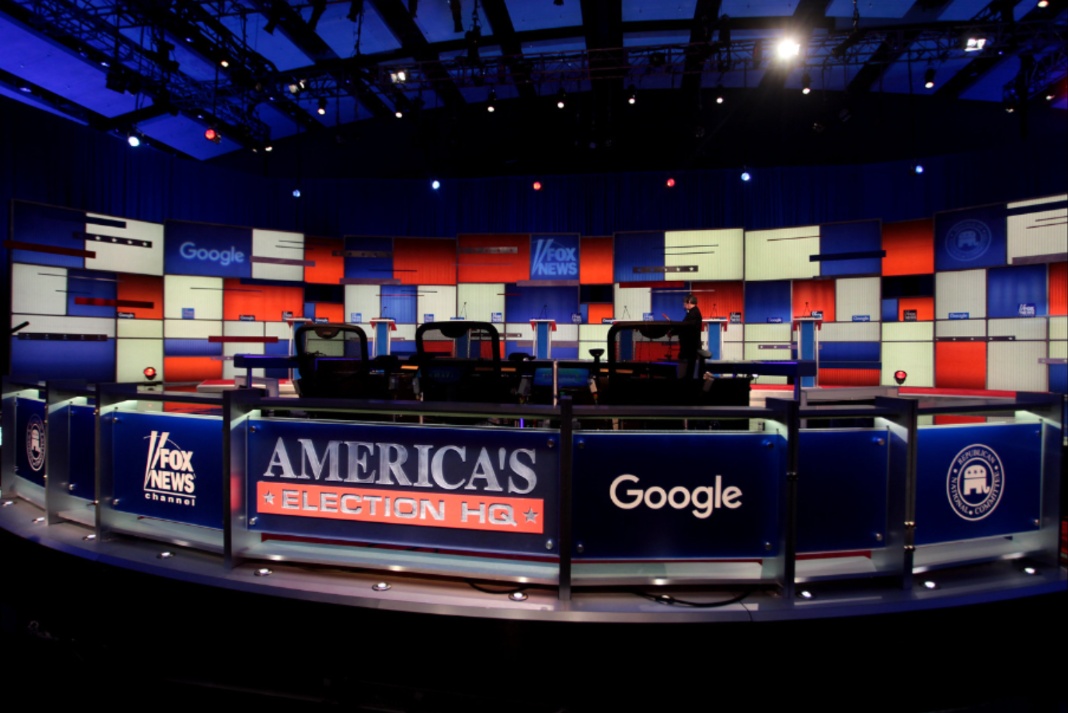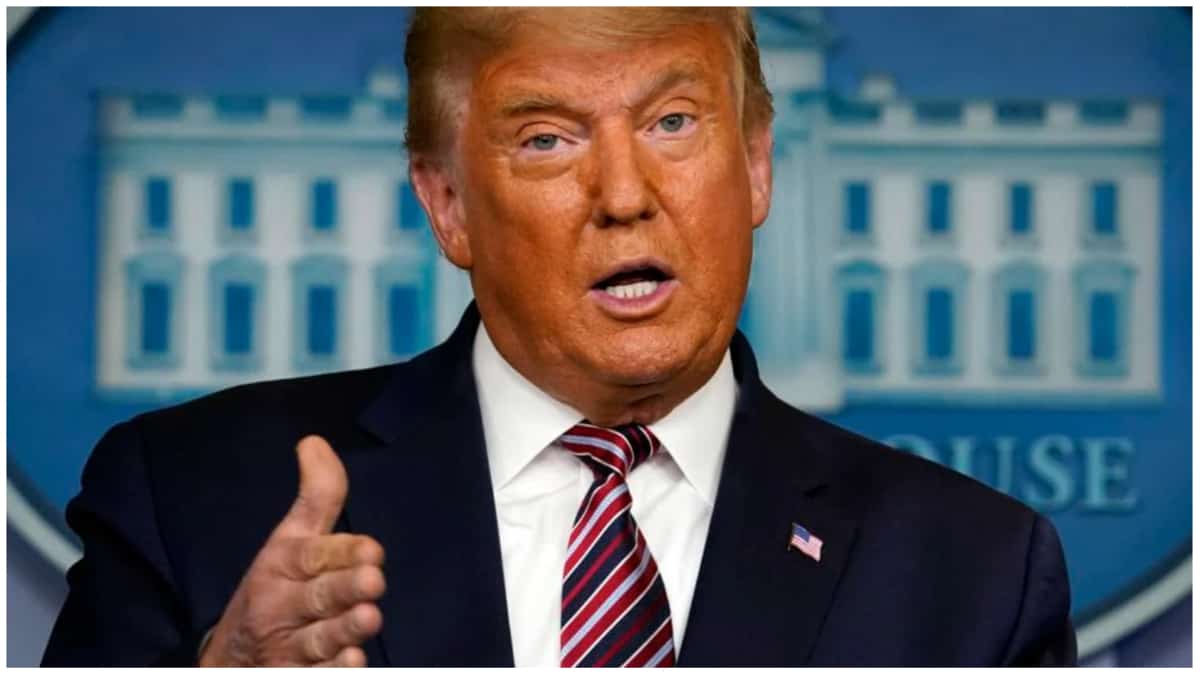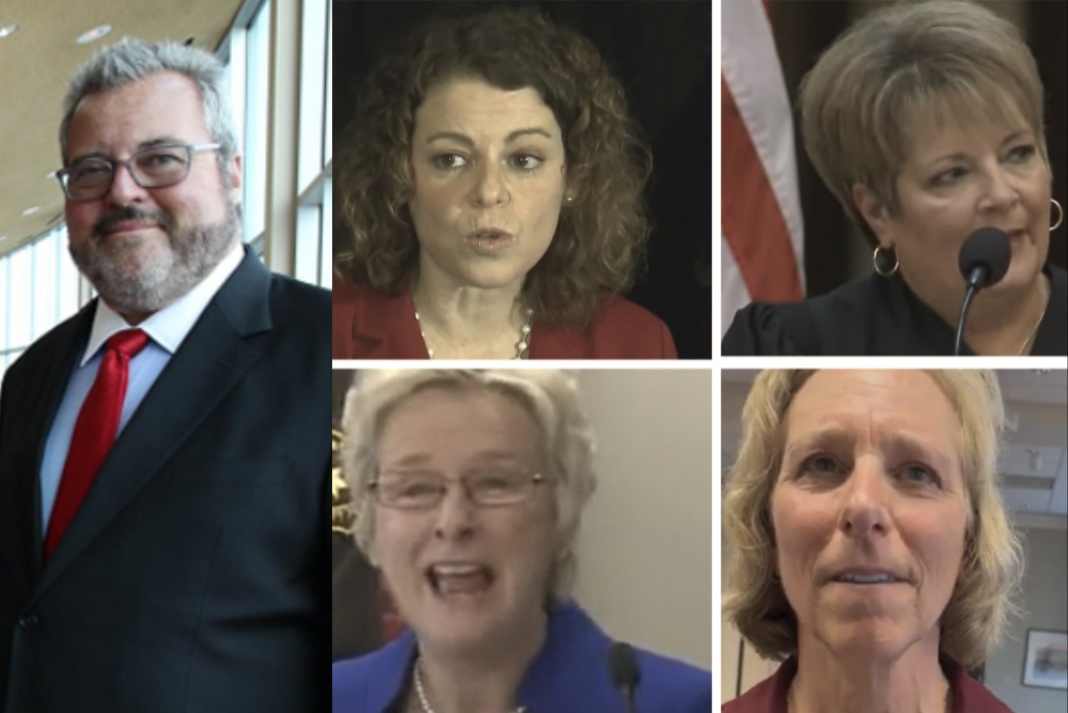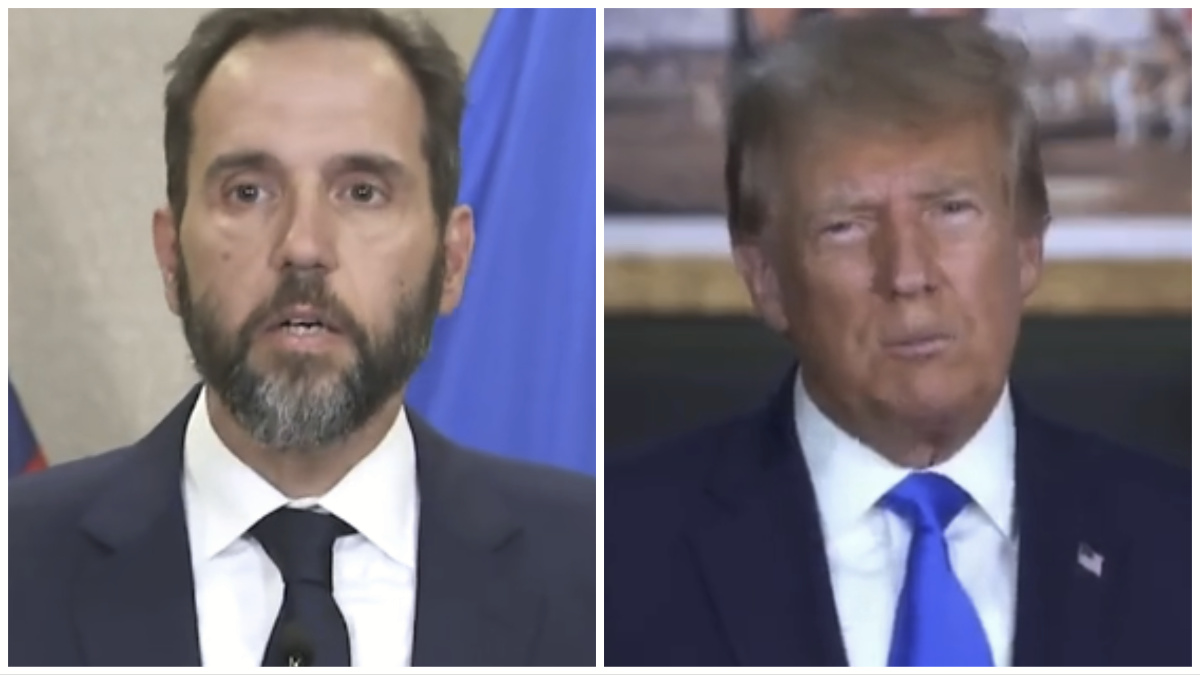The FDIC took over the embattled San Francisco bank, First Republic, and auctioned it off, with JP Morgan taking over as regulators hope to fend off a domino effect in the banking sector.
“Our government invited us and others to step up, and we did,” Jamie Dimon, chairman and CEO of JPMorgan Chase said in a statement after the purchase.
But critics point out that JP Morgan profits sizeably off the deal and argue it amounts to a government bailout.
First Republic’s collapse is the biggest bank failure since the 2008 financial crisis, when the federal government bailed out banks with billions of taxpayer dollars. In this new deal, JP Morgan took on about $92 billion in First Republic’s deposits and another roughly $203 billion in assets.
“JPM is paying about $10.6 billion, but is getting $13 billion from the FDIC, or in other words, we the taxpayer,” E.J. Antoni, an economic expert at the Heritage Foundation, said. “That means JPM already booked a profit on the deal. Another $50 billion is available from the FDIC to JPM if losses from First Republic’s assets continue to mount. To cover the existing and any future losses, the FDIC will levy a ‘special assessment’ on banks that is passed to customers.”
Dimon admitted his company “modestly benefits” in the deal.
“The service JPM is providing here is to provide a massive amount of liquidity to meet depositor’s demands,” Antoni said. “That will prevent the sale of some $30 billion in securities that First Republic had which have lost value, if sold today. If held to maturity, however, those securities will still pay their anticipated rate of return.”
Other experts say comparing this to a traditional bank bailout goes too far and emphasize that stabilizing the banking sector was necessary for the sake of the broader economy. First Republic is the third U.S. bank to fail since March of this year.
Notably, the FDIC is funded by insurance premiums paid by banks, not by Congressional appropriations.
“I would not call this a bailout,” Gary Wolfram, an economics professor at Hillsdale College, told The Center Square. “It is an attempt to stabilize the banking system. The reason the FDIC was created nearly 90 years ago was to guard against ‘runs’ on banks. Individual banks hold only a fraction of their deposits on reserve with the Fed, and if we all went in to get our money you have the scene from the Jimmy Stewart movie, ‘It’s a Wonderful Life.’
“While J.P. Morgan may benefit, it is taking on $92 billion in deposits that were in First Republic (as well as the loans and securities) and it is large enough that people will probably not withdraw their deposits for fear that J.P. Morgan will fail,” he added.
Antoni argues taxpayers will still foot the bill.
“The FDIC levies fees on banks which are passed on to customers. Anything, like an overdraft fee, contributes to this,” he said. “The interest rate on a loan will be slightly higher and the interest rate you get paid on your savings account will be slightly lower. This functions like a particularly regressive tax because low-income people are much more likely to pay things like overdraft fees. However, the FDIC also has an existing line of credit with the Treasury of $100 billion. Tapping into that costs the taxpayer. Additionally, when the FDIC has really gotten into trouble in the past, the Treasury has not only expanded that line of credit but simply paid for outstanding FDIC bills, meaning those dollars were never repaid.”
While calling this a bailout is up for debate, the federal government is taking the blame for fueling inflation and then hiking interest rates to compensate for inflation, which is what has put the strain on the banking sector.
“The Fed is offering an alternative to the FDIC guaranteeing all deposits as it did with the other two banks,” Wolfram said. “It is following the Swiss authorities actions with Credit Suisee. The recent swift and large increase in interest rates by the Fed resulted in a sudden decrease in the value of bond holdings of banks, such as Silicon Valley, and now it is trying to deal with the result of this. This is complicated by the massive deficits of the federal government and the Fed’s attempts to deal with inflation caused by the massive increase in the money supply (a 40% increase in M2 that started in March 2020).”
Casey Harper
Go to Source
Reposted with permission






















